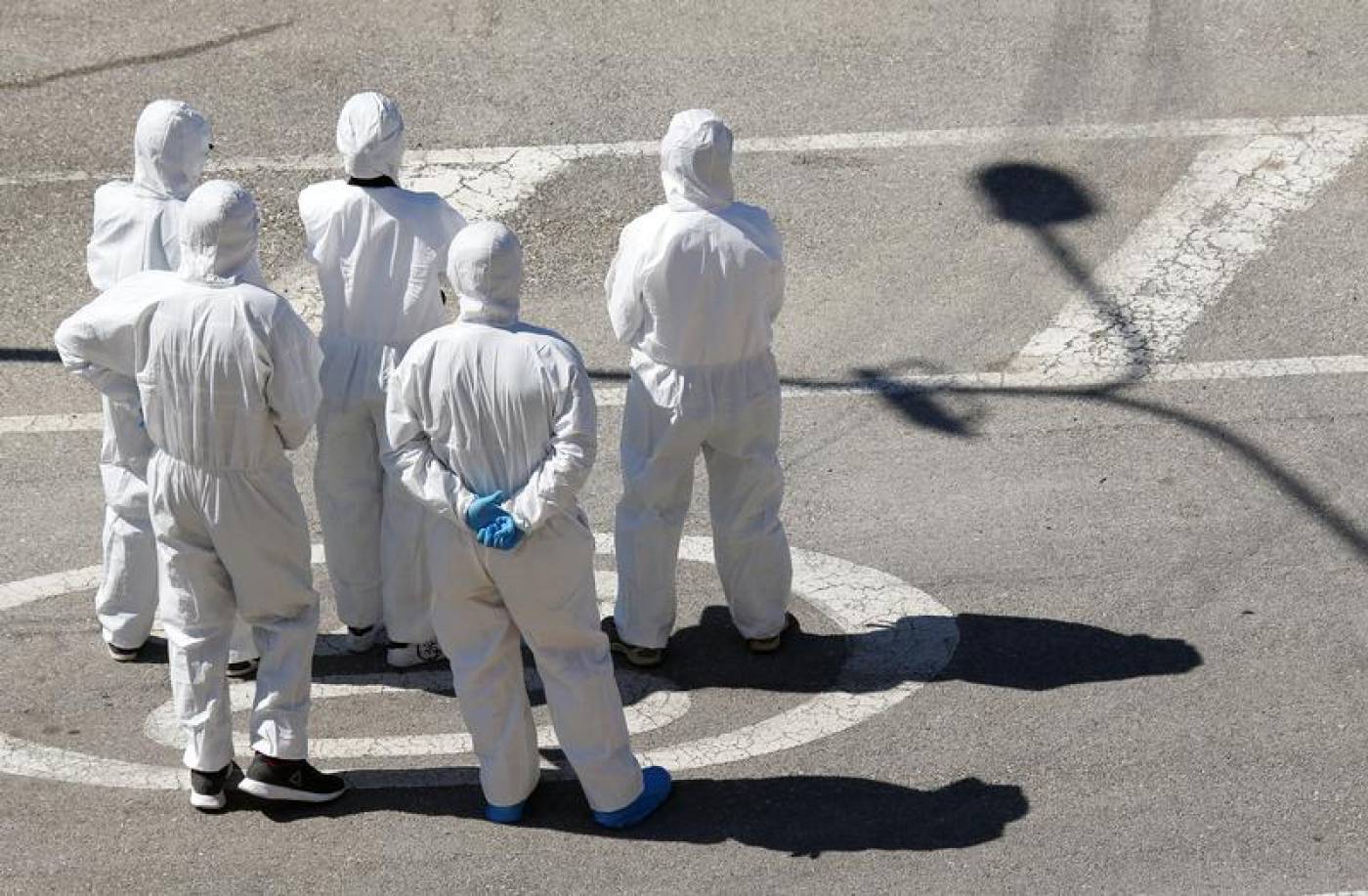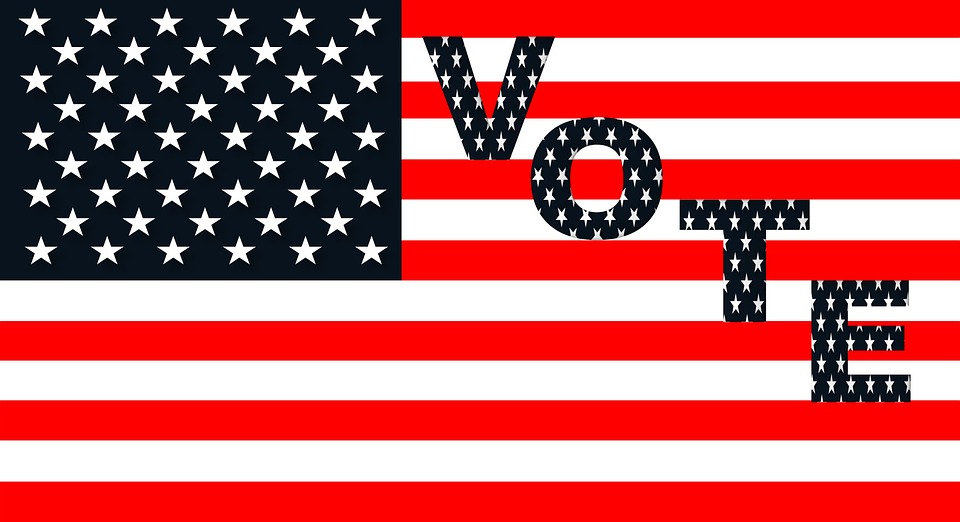 Published: 17.04.2020, 13:31
Published: 17.04.2020, 13:31 3 min read
3 min readOn April 6th, the Malta Gaming Authority (MGA) released a notice regarding sports integrity during the current COVID-19 pandemic. Because the coronavirus is causing the postponement and outright cancellation of numerous major sports events, Malta’s betting industry has been facing huge negative repercussions. The MGA acknowledged that operators are facing unprecedented circumstances and that many sports betting activities have come screeching to a halt.
The MGA stated that it is improving its communication within the gambling industry in order to provide structure and set expectations during this public health crisis. The press release continued on to say that eSports may receive an uptick in activity over the coming weeks. The eSports industry has events with varying levels of professionalism, so operators and consumers must make careful decisions about which events they choose to associate with. In addition to this, sports events with different risk profiles (such as amateur and minor league sports) may see more betting activity.
In order to protect consumers and operators, the MGA published several guidelines regarding eSports and other non-traditional sports betting. For instance, operators should keep in mind that eSports events are being held online due to the coronavirus. Prior to this, they had been held in arenas or other public facilities and were subject to integrity checks. Now that the events are being hosted virtually, there is no way to implement the checks and, therefore, the gambling-related risk is heightened. Prior to offering bets on an event, the operator should do diligent research to determine whether the participants are professional and if there are any sort of integrity controls in place. Operators should stay in communication with the tournament organizers and also read any publicly available releases.
Operators should also enact measures to verify that eSports matches aren’t pre-recorded. Furthermore, they should keep in mind that eSports events are often not broadcast in real-time. Such matches should not be subject to wagers, because it would be possible for somebody to gain insider access to the results. To go along with this, tournament organizers should revise their policies regarding the abuse of insider information.
Online betting venues should keep in communication with their players and ensure that each player understands the difference between eSports and virtual sports. eSports are played by real people and have skills-based results. On the other hand, virtual sports involve computer-generated athletes and utilize a random number generator to dictate the game’s outcome.
Operators should make sure to continue their fraud checks to ensure that no participants or involved officials are betting on eSports events. If a licensee notices any suspicious activity, it should report the person or party to the MGA. If there is suspicious activity going on that is not related to betting, the licensee should instead report it to the event organizer.
All the aforementioned practices are guidelines rather than mandatory regulations. However, the MGA is stepping up its monitoring process to ensure that operators aren’t taking advantage of bettors during this COVID-19 public health crisis. On April 7th, the MGA decided to suspend BetElephant Limited’s operational license. The company did not submit its 2019 financial statements, and it failed to comply with an unnamed regulation.











